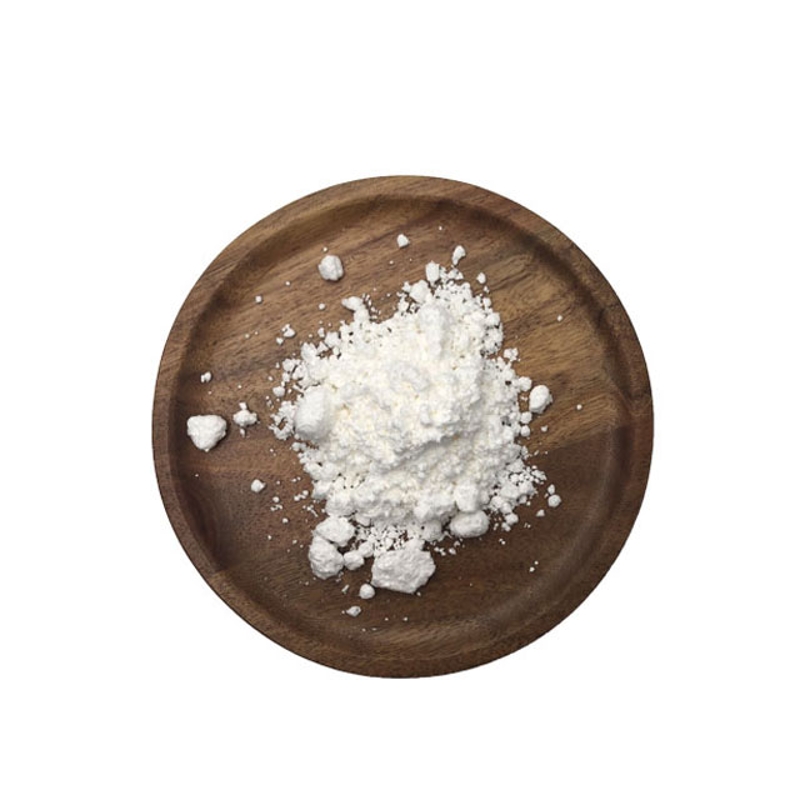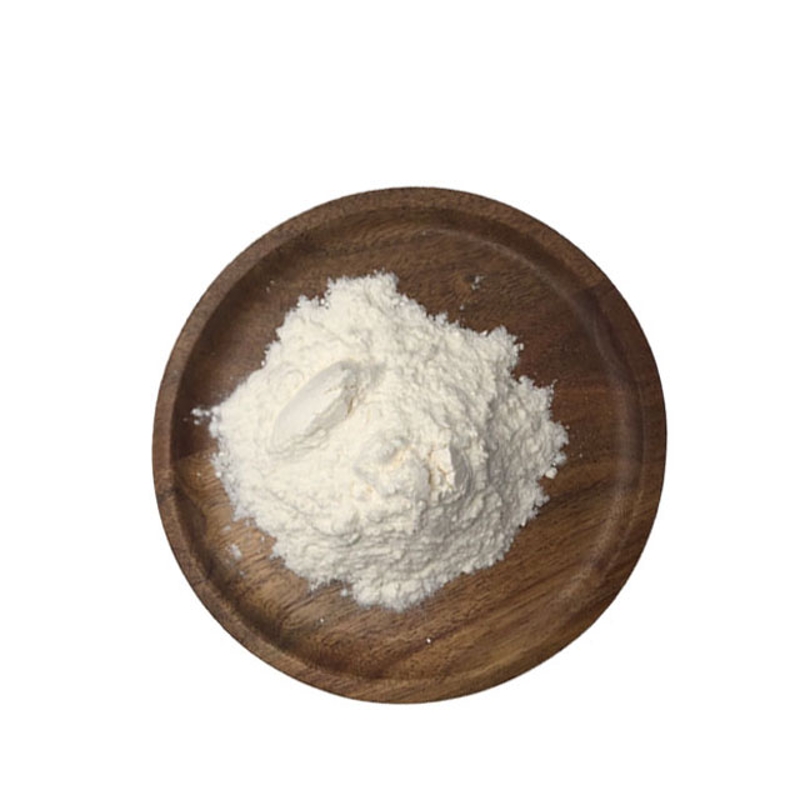-
Categories
-
Pharmaceutical Intermediates
-
Active Pharmaceutical Ingredients
-
Food Additives
- Industrial Coatings
- Agrochemicals
- Dyes and Pigments
- Surfactant
- Flavors and Fragrances
- Chemical Reagents
- Catalyst and Auxiliary
- Natural Products
- Inorganic Chemistry
-
Organic Chemistry
-
Biochemical Engineering
- Analytical Chemistry
- Cosmetic Ingredient
-
Pharmaceutical Intermediates
Promotion
ECHEMI Mall
Wholesale
Weekly Price
Exhibition
News
-
Trade Service
SORCE is an international, randomized, double-blind three-arm trial that evaluates the effectiveness of Solaffini's complementary therapy in patients with primary renal cell carcinoma (RCC) who are at a medium to high risk of recurrence after surgical excision.
In this trial, the subjects were randomly divided into a three-year placebo group (group A), a one-year sorafinib group of two years (group B) or a three-year solafinib group (group C).
trial dose of soravoinist was 400 mg 2/day or so, which was later changed to 400 mg/day.
end of the disease is disease-free survival (DFS).
July 2007-April 2013, a total of 1,711 patients were randomly divided into three groups (430, 642 and 639 patients in groups A, B and C, respectively).
58 years old, 71% male, 84% transparent cell carcinoma, 53% have a moderate risk of recurrence, and 47% have a high risk of recurrence.
results showed no significant difference between all groups, regardless of whether the patient had a high risk of recurrence or if the cells had only transparent cell RCC, DFS, or overall survival.
DFS in neither the Solafini group or the placebo group reached (HR 1.01, P=0.95) for 3 years.
addition, the researchers observed a non-proportional risk; the restrictive average survival time (RMST) for three years was 6.81 years, while the placebo was 6.82 years.
that although these patients received adaptive treatment, more than half of the subjects stopped treatment within 12 months.
24 percent of patients treated with solapinie reported a level 3 skin reaction in the hands, feet and feet.
, sorapinie is not suitable for use as an auxiliary treatment for RCC.
active monitoring is still the standard care program for patients with primary kidney cancer with a high risk of recurrence after surgery, and is also a reasonable control method for the ongoing International Assisted RCC Trial (RAMPART).
.







